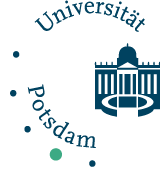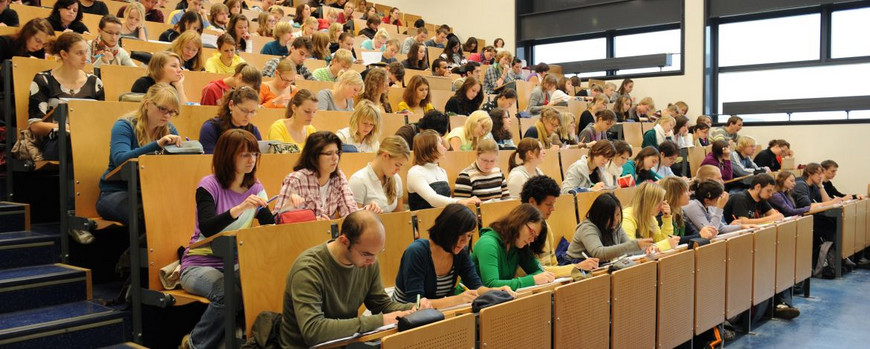Informationen zu Studium & Lehre
Liebe Studierende,
wir freuen uns, mit euch im neuen Semester wieder in den persönlichen Austausch treten zu können.
Solltet ihr Fragen zum Studienablauf, Anmeldung für Seminare, Anmeldung zu Prüfungen etc. haben, bitten wir euch, sich vorab auf unserer Lehrstuhlwebseite zu informieren. Bei individuelleren, offen gebliebenen Fragen meldet euch gern bei uns via E-Mail: socrespolicy@uni-potsdam.de.
Wir wünschen euch einen erfolgreichen Start in das Wintersemester 2023/2024!
Euer Lehrstuhlteam der Professur für angewandte Sozialforschung und Public Policy

